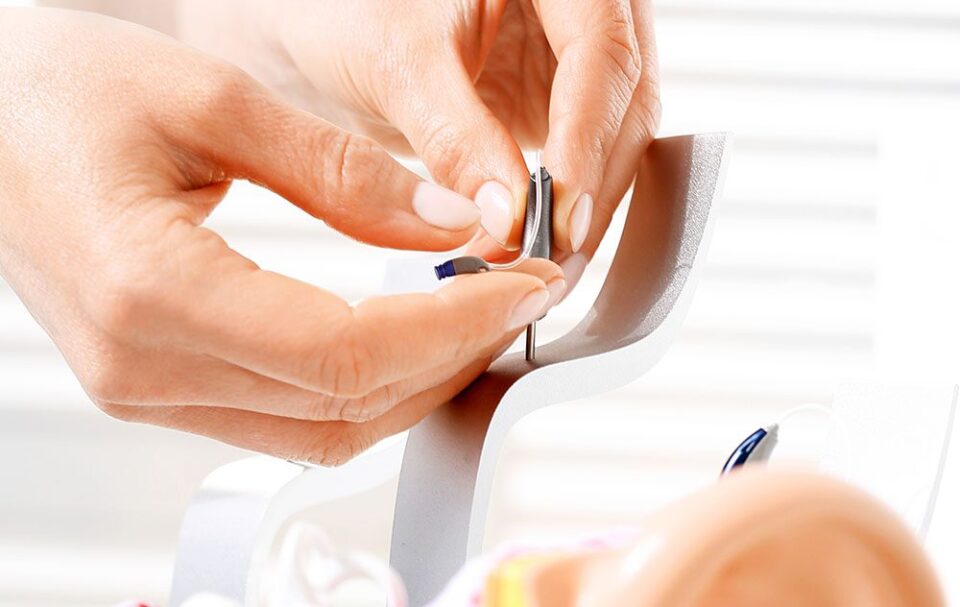Sensory organs are critical and can, in one way or another, be harmed, such as due to ailments or trauma. For instance, you could experience hearing loss following some infections, medication, and repetitive loud noise due to aging, to mention a few risk factors. This does not always necessitate hearing aid assistance. While the aids don’t restore hearing, they compensate for it in certain environments. Surprise hearing care can help you get the most out of the sensory organ despite the impairment. With proper care and maintenance, you can extend the lifespan of your devices and reduce malfunctions. Below are some to include in your hearing aid care regimen.
- Store in a dry environment
When exposed to moisture, hearing aids can be damaged. Although some hearing devices are water resistant, removing them before contact with moisture is still recommended. When you remove your hearing aids, be sure to store them in a dry environment. If you stay in a humid location, consider storing your devices in a specialized hearing aid dehumidifier.
- Regularly clean your hearing aids
Wipe your hearing aids with a clean cloth to remove debris and wax. Cleaning the device in the morning is recommended. This is since the wax from the day before is dried up and easy to clean. If you use behind-the-ear hearing aids, use mild soap and water to wash the ear mold periodically. If you notice wax in your hearing aids, gently remove it with a soft brush and avoid using pins, toothpicks, or sharp objects.
- Apply hair and beauty products before putting in hearing aids
Hairspray and makeup can potentially damage the circuitry of your hearing aids. Once you apply these products to your face or hair, they will likely get/move into your hearing aids. They can end up blocking the ports in the hearing aids, causing them to malfunction. Apply hair and beauty products before using your hearing aid and allow them to dry off.
- Maintain or change your batteries
Moisture can get into your battery compartment during the day. Leaving the battery compartment open allows it to dry during the night when stored. When left for a long time, hearing aid batteries can cause damage to your device. This is because the moisture trapped causes the batteries to corrode, damaging the device. You should remove the batteries if you are not using the device for some days. It is also essential to routinely change the hearing aid batteries as needed.
- Always handle with care
Handling hearing aid devices with care are essential. For instance, securing them to prevent dropping the device as you clean keeps them in good shape. When cleaning the device or changing batteries, place the device on a soft surface like a towel. If you are not using the device, store them in a safe place away from the reach of children or pets.
Hearing loss can impact the quality of your life. Hearing aids can help you address such concerns, and with the above tips, you can keep the devices in good for an extended period. Contact Oasis Ear, Nose, and Throat center for more on hearing aids, their benefits, and how to care for them.

